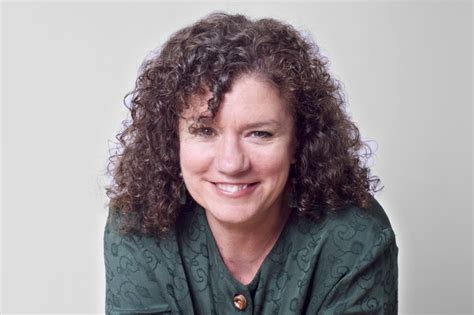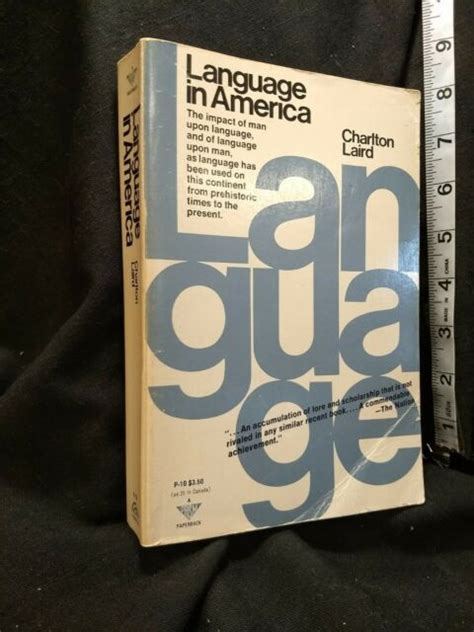A Quote by Paul Auster
Writing begins in the body, it is the music of the body, and even if the words have meaning, can sometimes have meaning, the music of the words is where the meanings begin....Writing as a lesser form of dance.
Related Quotes
One listens to a piece of great music, say, and feels deeply moved by it, and wants to put this feeling into words, but it can't be put into words. That's what - the music has already supplied the meaning, and words will just be superfluous after that. But it's that kind of verbal meaning that can't be verbalized that I try to get at in poetry.
An amoeba is a formless thing which takes many shapes. It moves by thrusting out an arm, and flowing into the arm. It multiplies by pulling itself in two, without permanently diminishing the original. So with words. A meaning may develop on the periphery of the body of meanings associated with a word, and shortly this tentacle-meaning has grown to such proportions that it dwarfs all other meanings.
Modern writing at its worst does not consist in picking out words for the sake of their meaning and inventing images in order to make the meaning clearer. It consists in gumming together long strips of words which have already been set in order by someone else, and making the results presentable by sheer humbug. The attraction of this way of writing is that it is easy.
A book, at the same time, also has to do with what I call a buzz in the head. It's a certain kind of music that I start hearing. It's the music of the language, but it's also the music of the story. I have to live with that music for a while before I can put any words on the page. I think that's because I have to get my body as much as my mind accustomed to the music of writing that particular book. It really is a mysterious feeling.
I am a dreamer of words, of written words. I think I am reading; a word stops me. I leave the page. The syllables of the word begin to move around. Stressed accents begin to invert. The word abandons its meaning like an overload which is too heavy and prevents dreaming. Then words take on other meanings as if they had the right to be young. And the words wander away, looking in the nooks and crannies of vocabulary for new company, bad company.
I love that moment in writing when language falls short. There is something more there. A larger body. Even by the failure of words I begin to detect its dimensions. As I work the prose, shift the verbs, look for new adjectives, a different rhythm, syntax, something new begins to come to the surface.
To me, dance is an extraordinary thing, more extraordinary than most people usually think. Dance preceded writing, speaking and music. When mute people speak their body language, it is true speaking rather than handicap, this is the first word and the first writing. Thus to me, the body is fundamental.

































